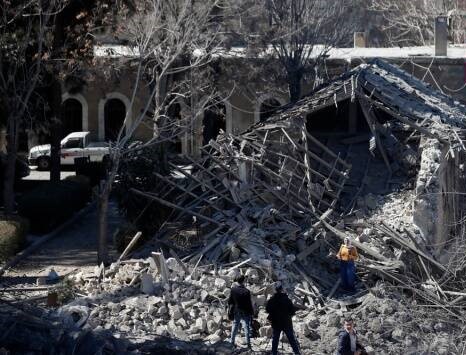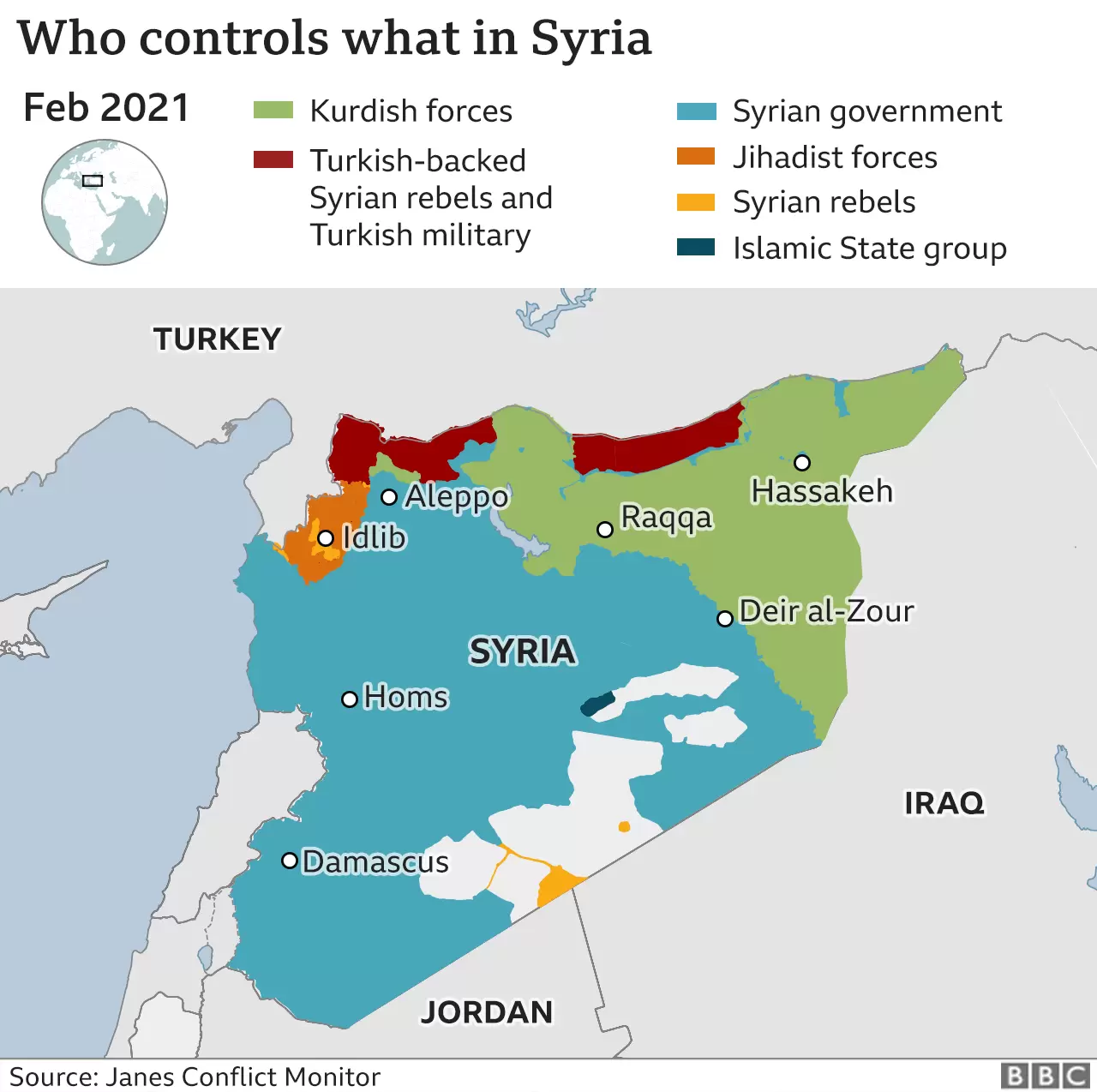Free Courses Sale ends Soon, Get It Now


Free Courses Sale ends Soon, Get It Now



Disclaimer: Copyright infringement not intended.
Context
Details
Why is the conflict boiling over recently?
Background of Israel-Syria ties
About Syrian Civil War
Present Situation
Why are countries in the region deciding to normalize relations with the Assad regime in spite of its dismal human rights record?
Parties involved
Russia:
Iran:
West:
Turkey:
Other Middle Eastern Powers:

|
PRACTICE QUESTION Q) Member states of the United Nations should follow through on the creation of a mechanism that would seek to clarify the fate of thousands of Syrians who have been missing over the past 12 years of conflict. Discuss. (250 words) |
© 2024 iasgyan. All right reserved